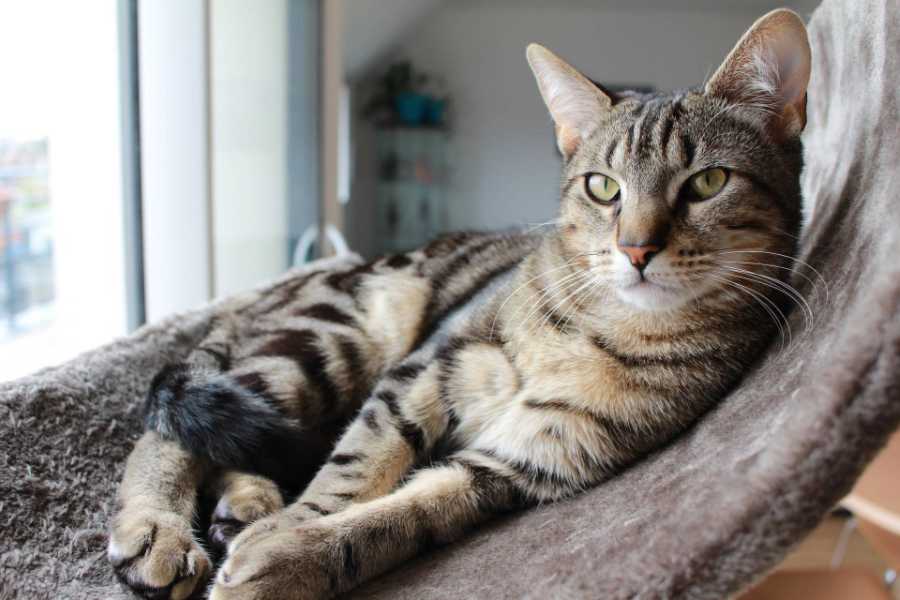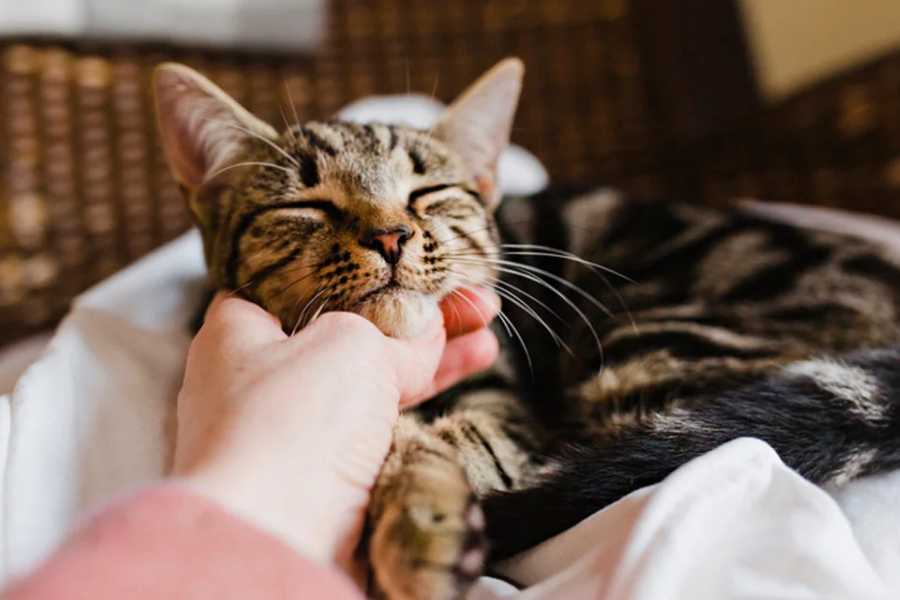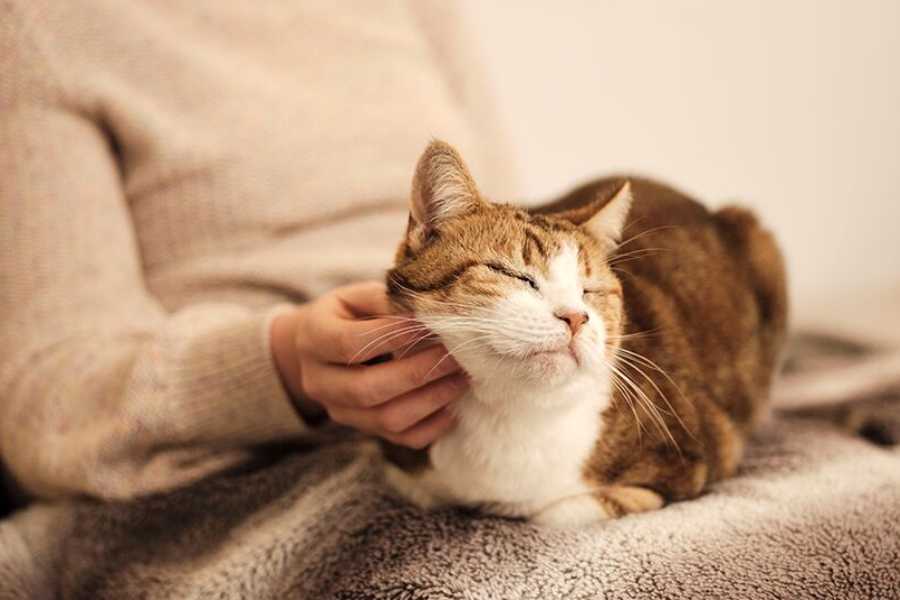Why Should You Keep Your Cat Indoors? | Tips From A Vet

Welcome to pawsadviser, your trusted source for pet advice. I’m your resident pet expert, and today we’re tackling a question that many cat owners grapple with: Why should cats be kept indoors? ![]()
This is a question that goes beyond personal preference and delves into the realms of environmental impact, pet health, and animal behavior.
So, let’s dive in and explore the reasons why keeping your feline friend indoors could be the best decision you make for them.
The Environmental Impact 🌍

Firstly, let’s consider the environmental impact of outdoor cats. Cats are natural-born hunters. They will hunt and possibly injure or kill live prey, regardless of their appetite. Even on a full stomach, your cat will react to the sounds and sights of movement, which will trigger their hunting instinct.
Tame and feral cats are responsible for killing countless numbers of birds and mammals, some of which belong to endangered species. Cats kill more birds and other animals than vehicles or collisions with turbines and buildings. They are even listed as one of the world’s 100 worst invasive species because of their effect on populations of native prey animals.
If you think your cat doesn’t hunt that often, the truth is, if you let your cat go out, there’s no way of truly knowing how much of an impact they’re making on the environment. Your cat probably hunts much more than you think.
In fact, your cat only brings about a quarter of their kills to you. For every mouse or squirrel you find as a gift on your back porch, your cat probably killed about three or four more and either left them behind or ate them. ![]()
Healthier and Longer Life 🏥

The second reason to keep your cat indoors is for their health and longevity. Keeping your cat indoors can help them live a longer, healthier life. Statistics show the average lifespan of indoor cats is 10 to 15 years compared to an average of only two to five years for outdoor cats.
Outdoor cats are exposed to numerous risks, some of which may never occur to the average cat owner. These include diseases such as feline leukemia and feline AIDS, which can be contracted from feral or homeless cats. Parasites, including fleas, ticks, and intestinal worms, are also common among outdoor cats.
These parasites can cause unpleasant symptoms such as scratching, skin infections, vomiting, and diarrhea. If you notice these symptoms, it’s important to take your cat to the vet for a checkup.
Outdoor cats also face serious and possibly fatal threats such as being hit by a car, fighting with another cat, being attacked or hunted by a wild animal, poisoning from toxins, threats from other humans such as theft, or more aggressive kinds of animal abuse.
Exercise and Entertainment 🎾

You might be wondering, “How will my cat get enough exercise if they have to stay indoors?” The good news is, indoor cats can get plenty of exercise with the right toys and playtime.
Cats love to hunt, but they’re not picky about what they’re hunting. To keep your indoor cat entertained, find or make some toys that your cat can chase, catch, and “kill”. You can even make DIY cat toys, which can save you a trip to the pet store. By playing with your cat, you can give them all the exercise they need, perhaps even more exercise than they would get by spending time alone outside.
If your pet has an outdoor space that they simply love, consider installing a pet-safe enclosure. This way, your furry friends can get their outdoor time without posing a danger to the environment or being in danger themselves.
Another great way to keep your cat entertained, especially while you’re away from home, is to make sure they have access to a window. Think of the window as “cat TV”. If there’s not much to look at, consider installing a birdhouse right outside the window. This way, your indoor kitty will have plenty of entertainment to keep them happy throughout the day. ![]()
The Importance of Routine Check-ups and Vaccinations 💉

While keeping your cat indoors significantly reduces their exposure to diseases and parasites, it’s still crucial to maintain regular vet check-ups and vaccinations. Regular vet visits can help detect any potential health issues early and keep your cat’s vaccinations up to date.
For more information on this, check out our article on what shots are needed for cats: everything you need to know about cat vaccines.
Wrapping Up

Keeping your cat indoors not only reduces their hunting but could also give them a longer and healthier life. It’s not about judging your actions as a cat owner, but providing you with the most accurate and updated information so you can make the best decision for you and your furry friend.
Remember, your cat can be just as healthy and active indoors. For more helpful information on cat health and behavior, check out our other articles on pawsadviser.com, such as why my cat has watery eyes and do I need to visit a vet and what shots are needed for cats: everything you need to know about cat vaccines.
We hope this article has helped you understand why cats should be kept indoors. As always, our mission at pawsadviser.com is to provide valuable, accurate, and engaging information for pet owners. We’re here to help you make the best decisions for your pets. ![]()
Tags
Share
Table Of Contents
Related Posts
Quick Links

